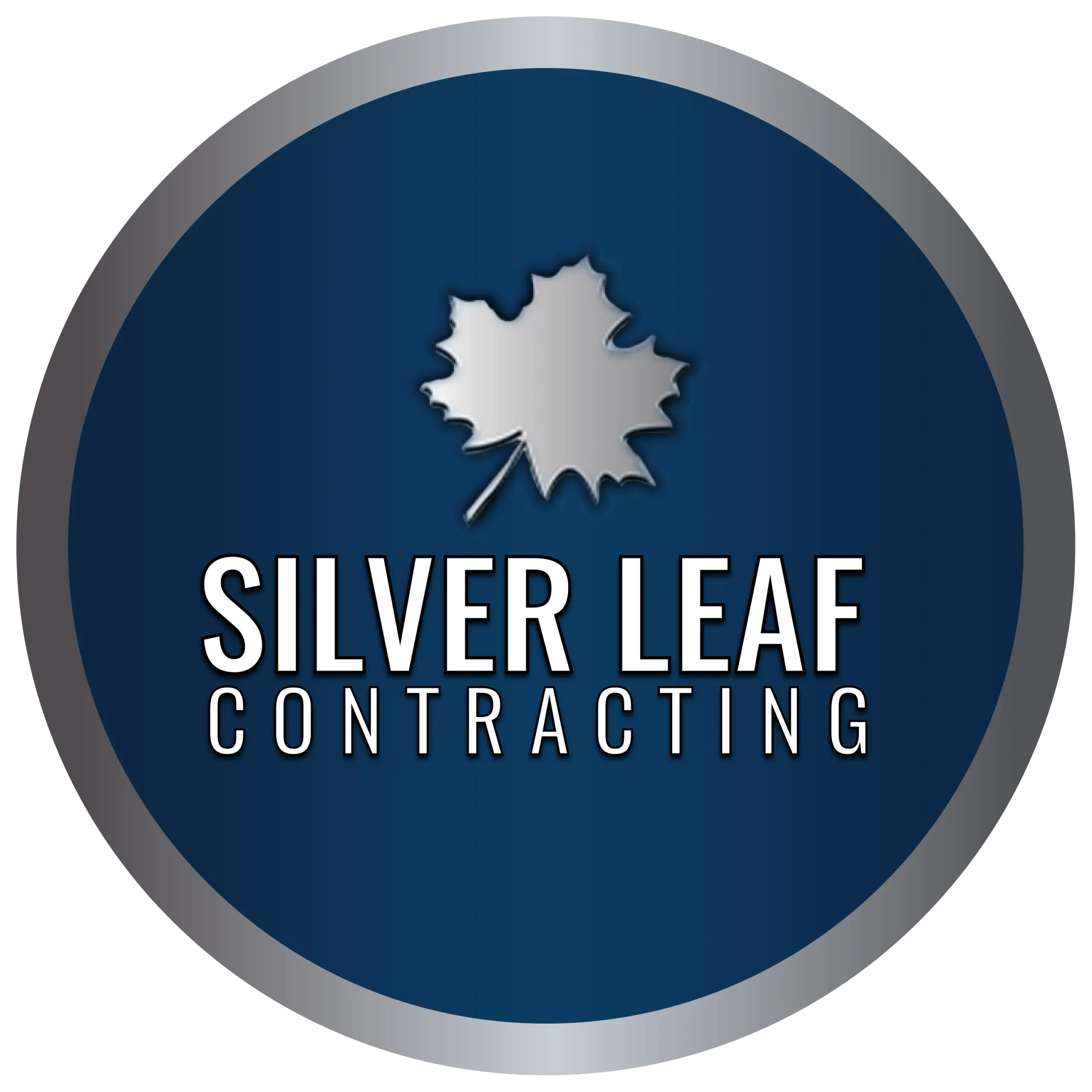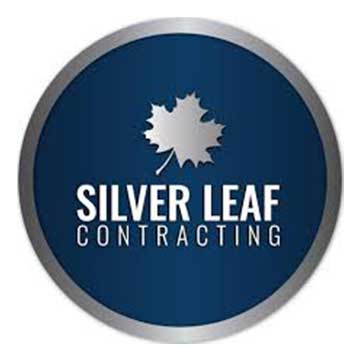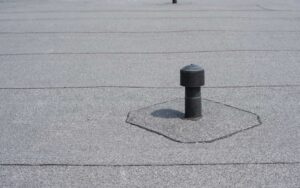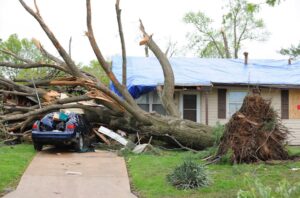A Buyer’s Guide to the Best Siding for House
Whether you’ve just moved in or are planning an upgrade, new siding adds value to your home. Siding doesn’t only boost the appeal of your exterior; more importantly, it offers protection from the elements.
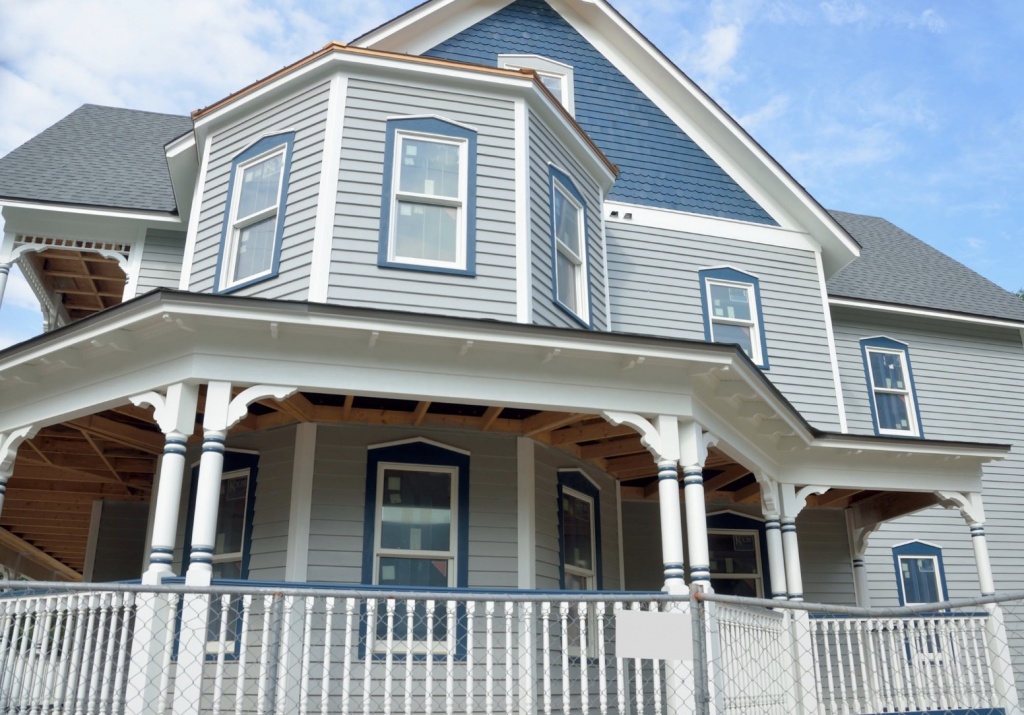
If this is your first time to look into some siding options, it’s easy to get confused. There are 8 types of siding materials and each one has its own share of pros and cons.
At the end of the day, choosing the best siding for house will depend on a number of factors. They include your budget, climate, weather, and design needs.
We’ll talk about:
- Vinyl siding
- Fiber cement siding
- Stone veneer siding
- Aluminum siding
- Natural wood siding
- Stucco siding
- Engineered wood siding
- Fiberglass siding
Now let’s start exploring these siding types.
What is the Best Siding for House?
1. Vinyl Siding
We introduce vinyl siding as the first choice because it’s economical. No wonder, it’s the most common type which homeowners in the US and Canada use. According to HomeAdvisor, basic vinyl siding will cost you about $4 per square foot. But take note that the price varies based on the thickness of the material, labor, and removal of old siding.
Vinyl siding requires a bit of maintenance but the cleaning process is simple. To keep it in tip-top shape, wash it with laundry detergent and water. What’s great about vinyl siding is that it comes in designs that mimic real wood and stone.
2. Fiber Cement Siding
Looking for siding made from sustainable materials? You can’t go wrong with fiber cement siding. Although it’s thicker and costs more than vinyl, it remains to be one of the best siding for house – thanks to its strength. It’s a combination of sand and cement. Fiber cement siding doesn’t easily get damaged when hit by hail or facing strong winds.
Despite its durability, fiber cement siding needs repainting at least every 10 years. But don’t worry, such maintenance tasks are small and won’t take much of your time.
3. Stone Veneer Siding
Manufactured veneer or stone veneer siding is made from synthetic materials. Homeowners who love the look and feel of natural stone but cannot afford to buy stone siding can have stone veneer installed instead. Rubber molds made from real stone are used in the manufacturing process and the results are simply beautiful.
If you’re looking to get stone veneer siding, make sure to hire contractors that are experienced in installation. Wrong installation results in moisture problems and you want to avoid those.
4. Aluminum Siding
When it comes to energy-saving capabilities, aluminum siding is a sure winner. As the best siding for house, its heavier versions provides outstanding insulating benefits. In fact, aluminum siding insulates way better than vinyl.
People who live in coastal communities receive greater protection from the elements if they choose this siding material. Aluminum doesn’t rot and rust as it is waterproof. Manufacturing aluminum won’t consume too much energy which means that it helps preserve the environment.
5. Natural Wood Siding
Let’s not put aside the fact that natural wood siding gives your home a classic and timeless appearance. You’ll see wood siding on most country style houses. Another advantage of this siding material is that it’s easy to install (as long as you have carpentry skills) and remove if it’s time for a replacement. If you want to “go green,” by all means choose wood.
Now some reasons why you’d rather pick another siding material is that wood siding comes with disadvantages. Because it’s biodegradable, it’s susceptible to insect infestation and rot. Paying special attention to wood wouldn’t be such a practical thing if you want fewer home maintenance tasks to deal with.
Wood siding can be painted with your personal choice of colors. The prices vary depending on the wood material to be used. For example, spruce costs at least $2.75 per square foot while cedar costs at least $5.
6. Stucco Siding
The strength in stucco siding lies in its ability to last a hundred years – as long as it’s given proper maintenance. Homeowners don’t have to worry about the climate they live in because stucco is a perfect choice for all climate types. Stucco siding also provides some insulating benefits. It lowers noise volume from the outside and can be painted with any color you like.
Stucco siding is a special material which means that you need to hire a highly experienced contractor to install it. While the material price isn’t expensive, labor costs tend to be.
7. Engineered Wood Siding
There’s a newer siding material in the market and it’s taking over natural wood siding – engineered wood. As you might have guessed, engineered wood siding is the best siding for house if you want an alternative to real wood. It mimics it appearance but costs less.
If you’ve been hesitating to install natural wood siding because of its likelihood to decay, know that engineered wood avoids this problem. Zinc borate is added in order to resist insects and rot. Also, roofing contractors can install engineered wood without using specialized materials. They say that installing engineered wood is similar to installing natural wood.
8. Fiberglass Siding
20 years ago, fiberglass siding was introduced. While fiberglass weighs a lot lighter than fiber cement, you’ll be impressed by its durability. It also resists water and expansion when there is heat. Most homeowners look for these advantages since they want to eliminate moisture and appearance problems.
Since fiberglass siding requires less maintenance, it tends to be a more expensive material. Also, you won’t be able to choose from a lot of finishes. Color choices tend to be limited as well.
Have You Chosen the Best Siding for House Already?
So there you have it, the 8 siding options you should consider. We hope that this buying guide helps you arrive at a good decision in terms of price, appearance, and durability. Lastly, don’t neglect the importance of hiring a qualified contractor to tackle your siding project. The best siding material makes half of the equation – a reputable roofing contractor completes it.
Need siding work done today? Call Silver Leaf Contracting LLC at 330-935-9027.
